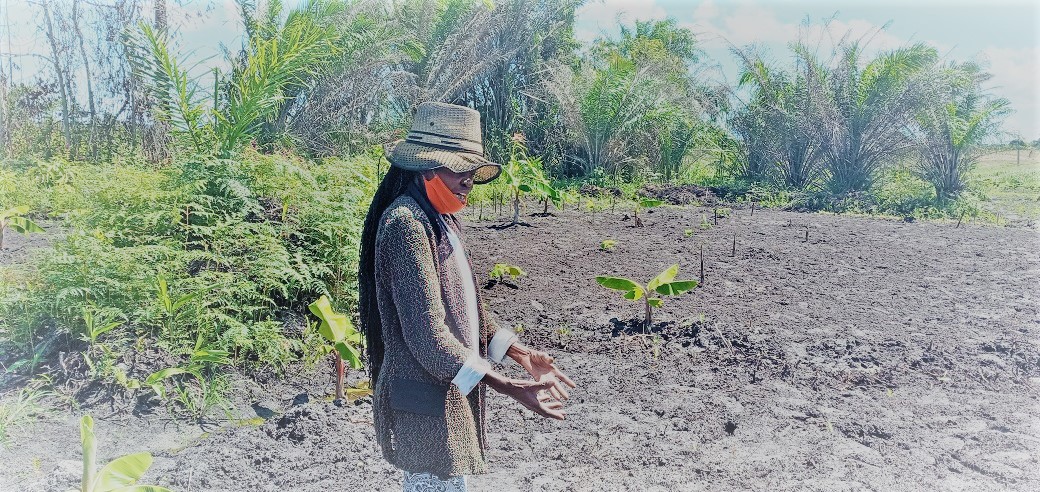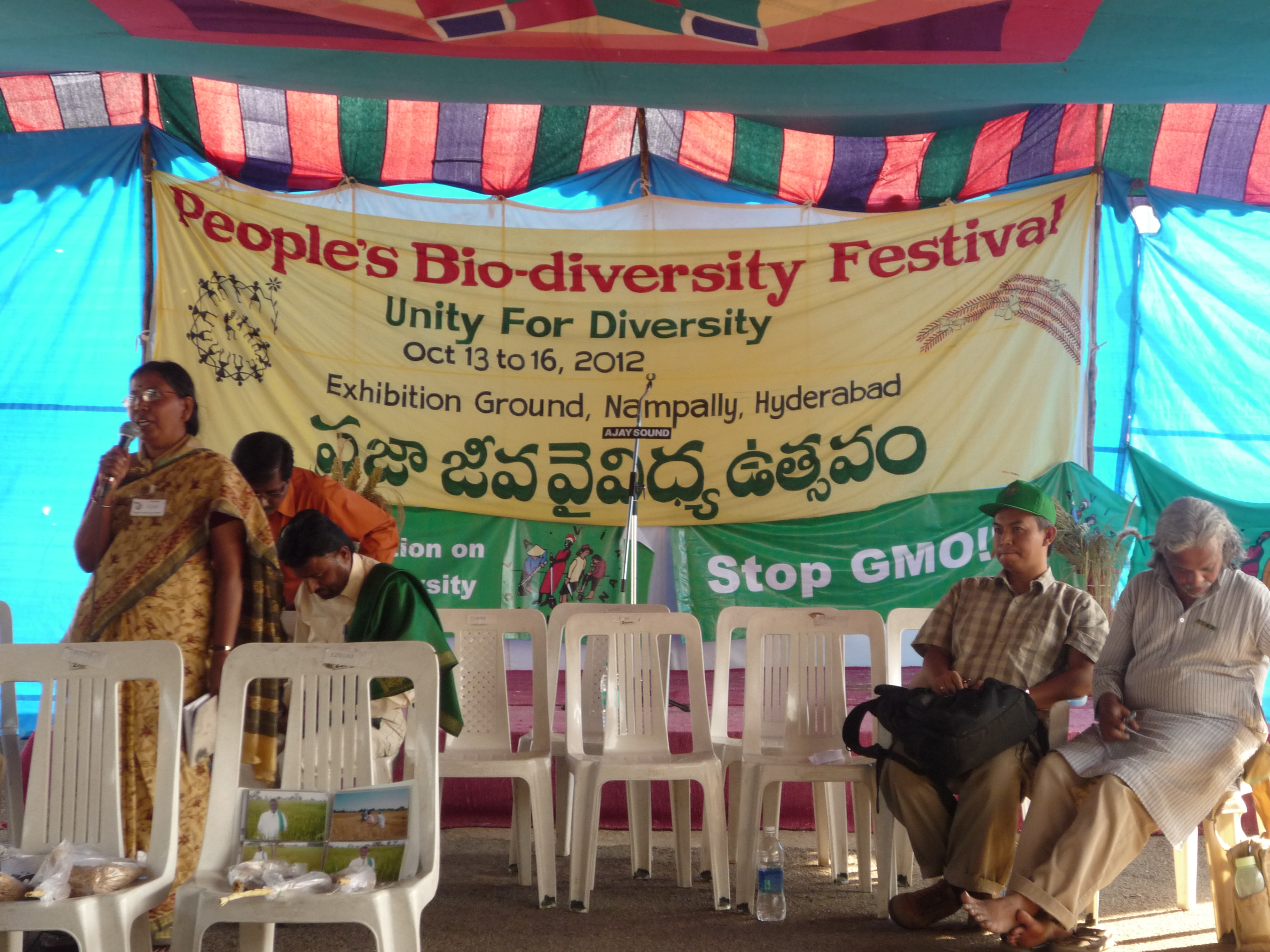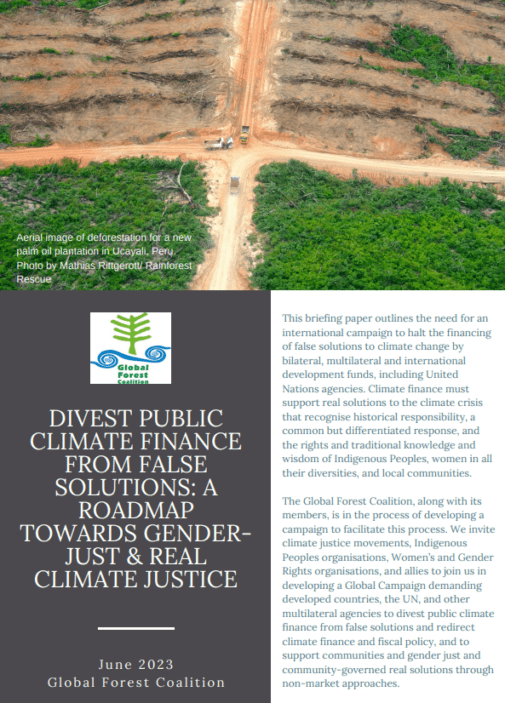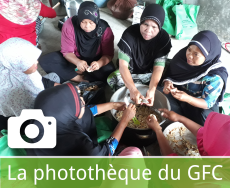People’s Manifesto for Biodiversity, 16-10-12
People’s Biodiversity Festival, 13-16 October, 2012, Hyderabad
1. We are alarmed that the CBD that came into existence as a promising international treaty for the conservation, sustainable use and fair and equitable sharing of the benefits of biodiversity has not only failed to meet its objectives, but – as the COP 11 unfolds – it has degenerated into an international arrangement to promote and facilitate the corporate control of our biodiversity.
2. We reject the narrow definition of access and benefit, viewed as a commodity to be traded via monetary payment, as implied by the recently agreed Nagoya Protocol to the Convention on Biodiversity (CBD). We uphold the world views of adivasi and local communities, who define “Access and Benefit” as the unhindered and continuous right over their territories, lands, forests, waters, air, livelihoods, knowledge systems, spirituality, culture and biodiversity embedded therein, which is nurtured, shaped and passed on to the future generations. In any event, any ABS agreement under the CBD, must be based on free and prior informed consent, and debar the creation of any exclusive rights of ownership, use or control of biological resources and related knowledge.
3. Biological diversity is intrinsically linked to the fundamental right of adivasis, farmers, pastoralists and fisherfolk, to their land and natural resources, and is embedded in the ecological and cultural habitats of communities. We deplore the plunder of such habitats by short-sighted economic expansionism, fuelled by the commodification and privatization of our biological diversity, natural wealth and ecological commons.
4. Big dams, hazardous nuclear and thermal plants, all kinds of mining (for coal or minerals), SEZs, mono-culture plantations, land –grabbing, the rise of real-estate, speculators and reckless urban-industrial-consumerist expansion are a massive assault on our biological diversity, trampling the fundamental rights of local inhabitants to a healthy life and sustainable livelihood. We call for an urgent halt to all anti-people, anti-nature, destructive development based on unsound science, that also endangers future generations, and the survival of other species.
5. We assert the sovereign rights and fundamental obligations of communities to protect, sustainably use, and judiciously govern the biological diversity, natural wealth and ecological commons of their area, free from any exclusive proprietary claims or ‘Intellectual Property Rights.
6. We call for phasing out of all agro-chemicals, which destroy biodiversity directly and in various pathways.
7. We call for phasing out of mechanised trawling and factory-ship based harvesting of marine resources.
8. We call upon our government and people to pursue development that supports biodiverse and holistic ecological agriculture and forestry to meet our basic, priority needs in a sustainable manner. This is the way for optimising the decentralised and efficient harvesting of the daily renewed supply of the sun’s energy and for the sequestering atmospheric carbon in vegetation and soil to ameliorate climate change. It is also the way to restore the disrupted fertility and water cycles of nature to regain ecological sustainability.
9. We call for promotion of food crops over cash crops, alternative medicinal and health care systems, and artisanal livelihoods based on natural fibers and products (including handloom weavers, ‘gongadi’ weavers and others).
10. Wasteful and non-essential consumption of energy & natural resources by the corporations, industries, affluent rich and middle class society must be checked to reduce the ecological footprint.
11. The relentless expansion of cities, and the destructive urbanization that destroys agriculture lands, commons, and displaces people and livelihoods, must be halted.
12. We reject the entire patent and IPR regime on life forms, plant varieties, seeds, breeds, medicinal plants and related traditional knowledge.
13. We assert the peasant, pastoralist and adivasi / indigenous peoples sovereign rights to freely plant, use, reproduce, select, improve, adapt, save, share, exchange or sell their seeds and livestock breeds, without restriction or hindrance, as they have done for past millennia.
14. We call upon our government to facilitate and simplify farmers’ and cultivators’ access to our heritage seed varieties from national and international germplasm collections, and support their decentralized conservation in the croplands and regions of origin.
15. We urge the creation of an open-source Heritage Registry, legally protected from IPRs, to aid the collaborative documentation and sharing of our genetic diversity and knowledge.
16. We demand a ban on GM seeds and species (including any open field trials thereof), and strict enforcement of corporate liability for any contamination of seeds/plants, and any damage to the health of farmers, consumers, animals, croplands and ecosystems from the use/release of GM seeds and species.
17. We demand that a National Biosafety law and implementation mechanism be immediately put in place to guard against the hazards of GMOs.
18. We reject FDI in multi-brand retail. We are concerned that it will negatively impact biodiversity and livelihoods of farmers and small producers.
19. We also reject Union Cabinet proposal to institute “National Investment Board”, as it will negate protective legal framework already established for biodiversity.
20. We assert the need for fostering greater equity and reducing the presently high economic disparities as an alternative to unrestrained growth and the theory of ‘trickle down’ benefits.
21. We, the people, pledge our united resolve to protect Mother Earth, the source and sustenance of humanity and myriad other species. Life on our unique planet is deeply inter-related. We urge all to integrate stewardship in our education, culture and lifestyle.
Contact for details: D. Narasimha Reddy 9010205742








